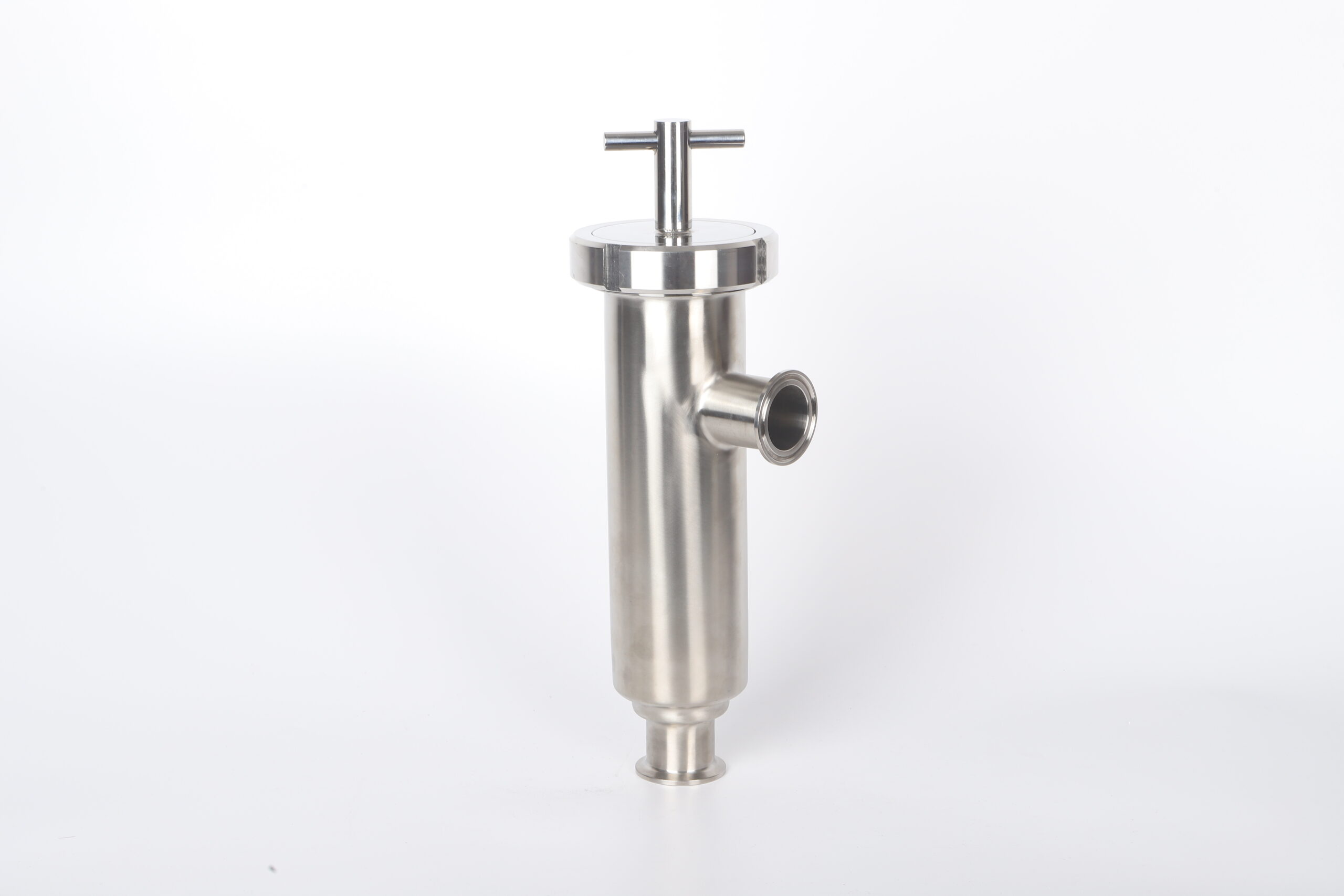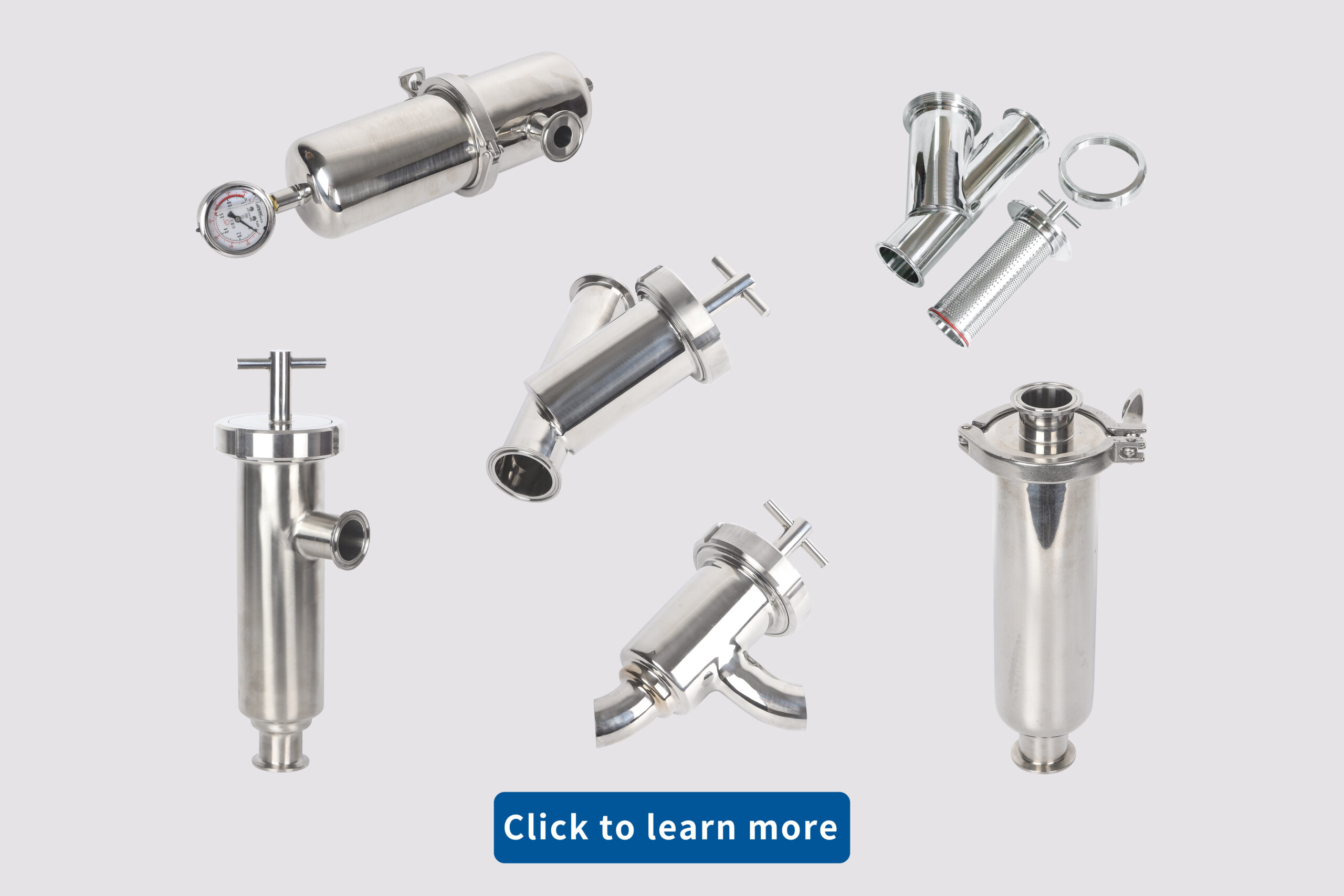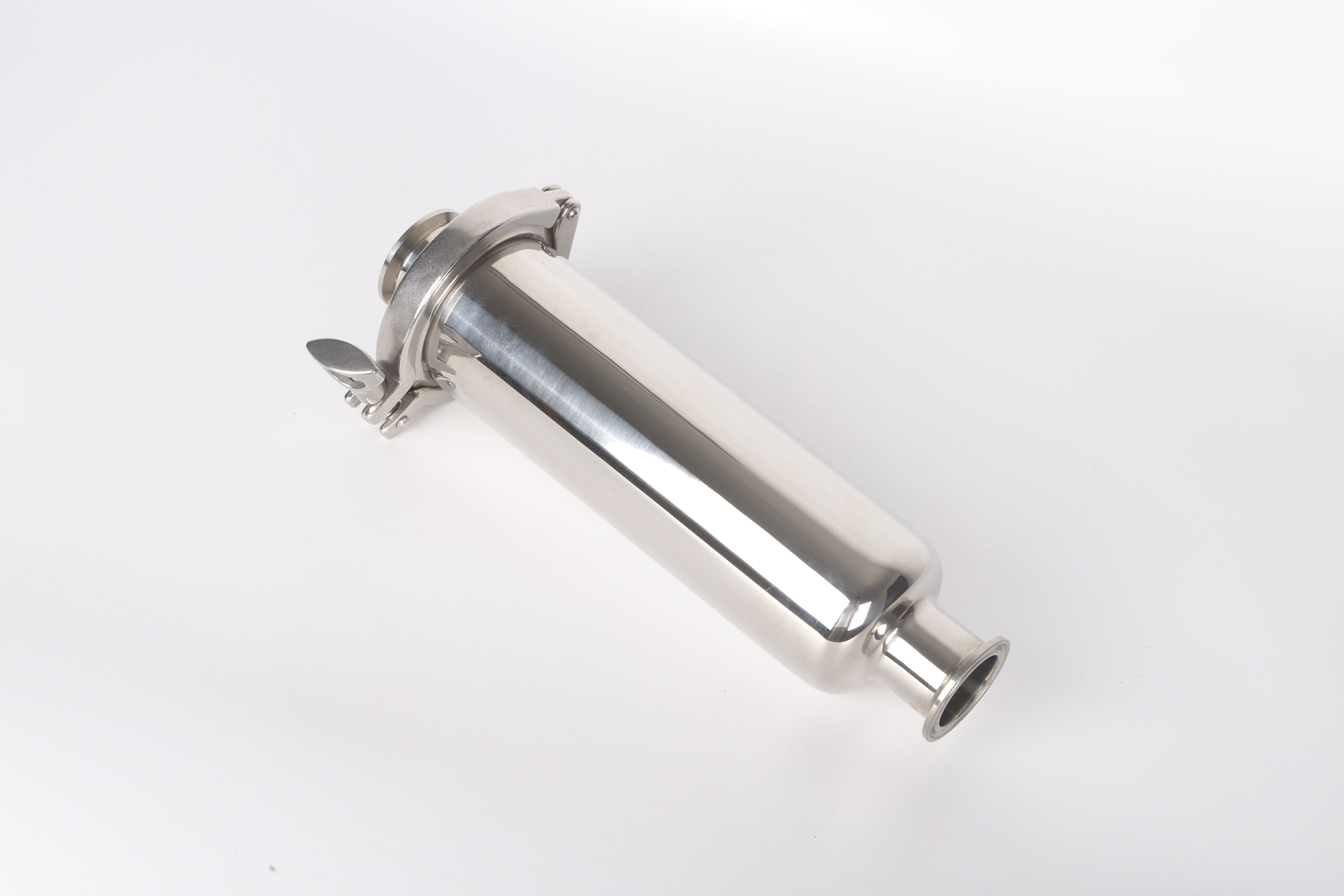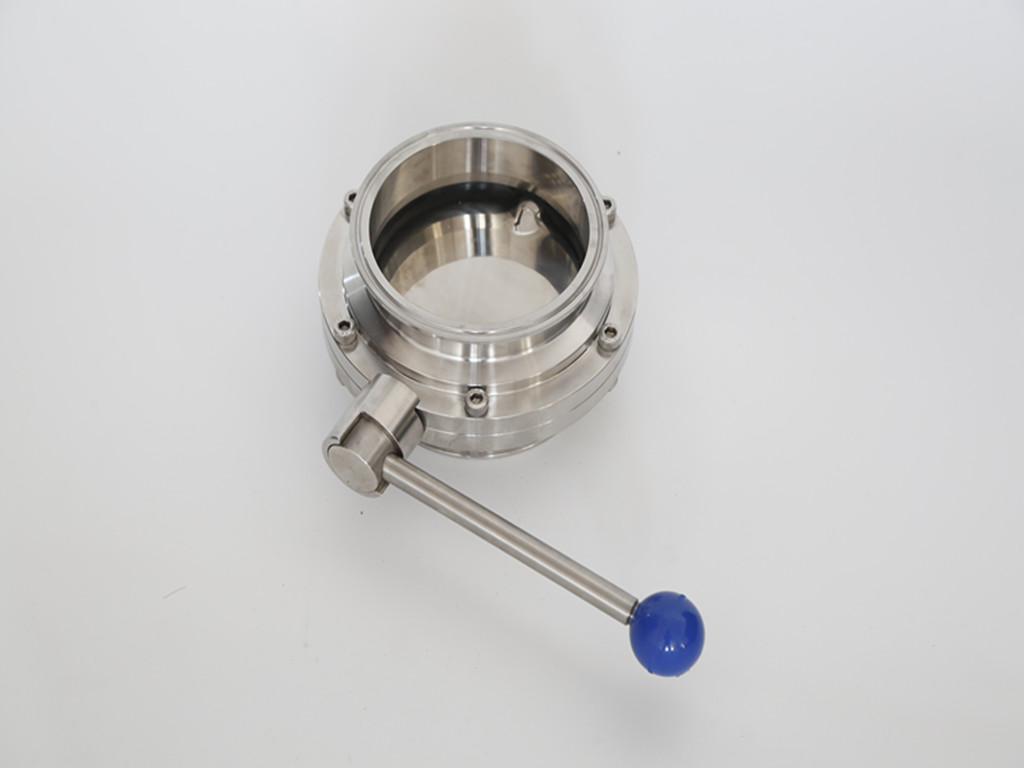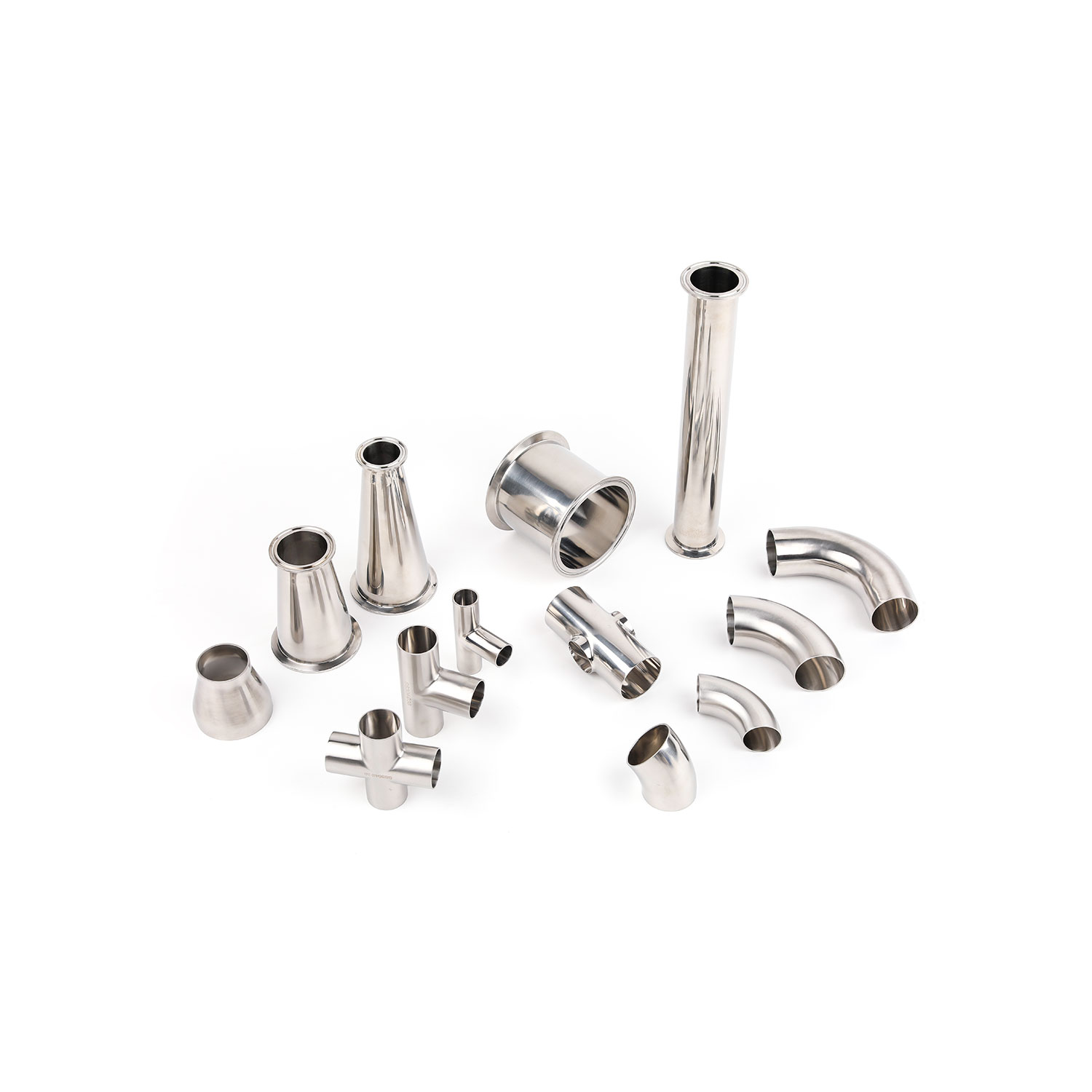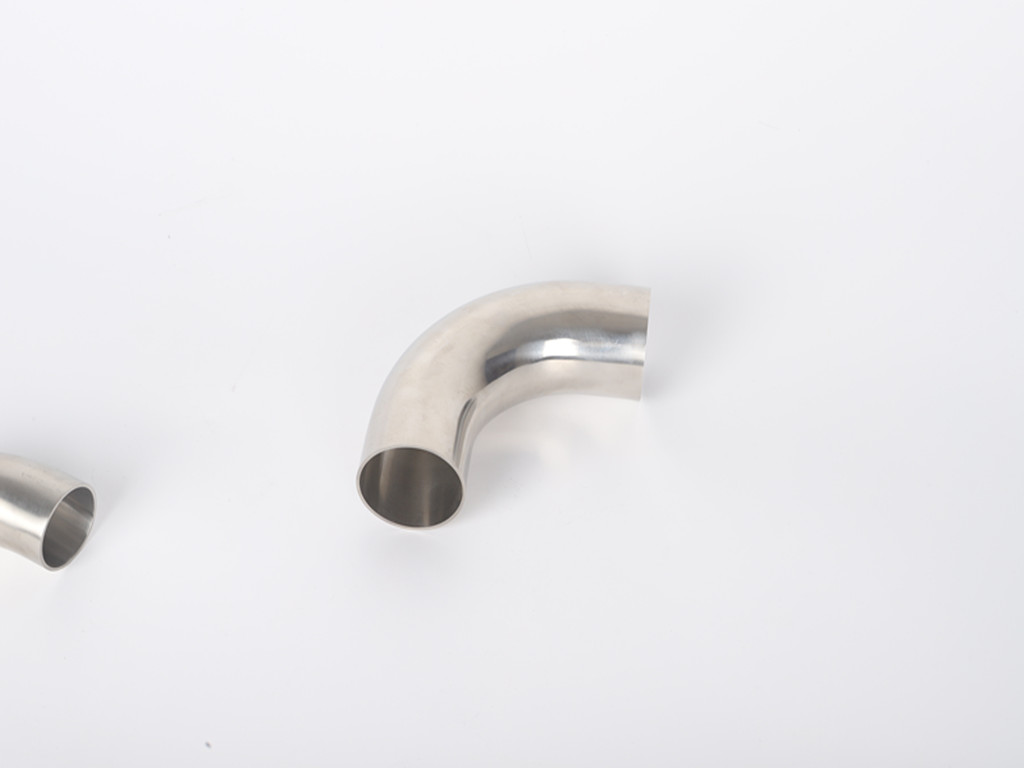The food processing industry is of great significance in ensuring food safety, enhancing nutritional value, promoting economic development, and meeting consumers’ demands. It ensures the safety and nutrition of food, provides a diverse range of products, and meets the needs of a fast – paced life. This industry has high standards for hygiene and safety, covering aspects such as raw material screening, production environment, equipment maintenance, and finished product testing. Sanitary filters play a crucial role in food processing. By filtering out microorganisms and impurities, they prevent product contamination, ensure hygiene and safety, extend the shelf life of products, and safeguard consumers’ health.
I. Overview of Sanitary Filters
Definition of sanitary filters: The housing of sanitary filters is typically made from high – quality 304 or 316L stainless steel. These two materials possess excellent corrosion – resistant properties, enabling the filters to operate stably for long periods in high – temperature, high – pressure, and corrosive environments. The internal structure of the filter is simple and smooth, featuring a dead – space – free design. The surface is treated by high – precision mechanical polishing or electrolytic polishing, which not only makes cleaning and disinfection easy but also effectively prevents the growth of bacteria. The sealing rings are generally made of food – grade silicone rubber or ethylene – propylene – diene monomer (EPDM) and other materials to ensure sealing performance and safety.
Characteristics of Sanitary Filters: Sanitary filters play a crucial role in fields with extremely high hygiene requirements, such as food and pharmaceutical industries. They are made of food – grade and pharmaceutical – grade safe materials, with no harmful substances leaching out, ensuring zero contamination of fluids. They exhibit excellent high – temperature resistance and can operate stably in scenarios like high – temperature steam sterilization and high – temperature fluid filtration, without affecting their structure and filtration performance. Moreover, they feature a simple design with no hard – to – clean corners, are easy to disassemble and assemble. Contaminants are not likely to adhere to them, making cleaning effortless and saving time and labor costs. Thanks to these characteristics, sanitary filters provide reliable filtration solutions for relevant industries, ensuring efficient and safe production.
II. The Contributions of Sanitary Filters to Food Safety
- Eliminating Impurities to Ensure Food Purity
- Preventing Microbial Contamination and Ensuring Sterile Production
- Protecting Downstream Equipment and Prolonging Equipment Lifespan
- Meeting Regulatory Requirements and Ensuring Compliant Production
III. Case Analysis
|
Case information |
Content |
|
Background and demand |
When preparing fruit juice drinks, tea drinks and other products, beverage manufacturers need to remove granular impurities in raw materials, such as meat fiber, tea residue, etc., so as not to affect the appearance and taste of the beverage, and prevent blocking subsequent filling equipment, reducing production efficiency. |
|
Solution |
The sanitary straight-through basket filter is installed on the transportation pipeline after beverage preparation, and 100 mesh filters are selected according to actual needs. |
|
Effect |
The impurities in the beverage are largely removed, the clarity and transparency of the product are significantly improved, and the appearance quality is greatly improved; The clogging problem of filling equipment is significantly reduced, the production efficiency is increased by 15%-20%, and the equipment maintenance cost and production downtime are effectively reduced. Products in the market feedback is good, sales have a certain degree of growth. |
Sanitary filters afford comprehensive safeguarding for food safety via high – efficiency filtration, stringent criteria, and extensive adaptability. They assume a pivotal and irreplaceable function in the processes of impurity elimination, contamination prevention, equipment protection, regulatory compliance fulfillment, environmental – friendliness and energy – conservation, as well as product quality enhancement. Sanitary filters stand as the core equipment for ensuring food safety.

